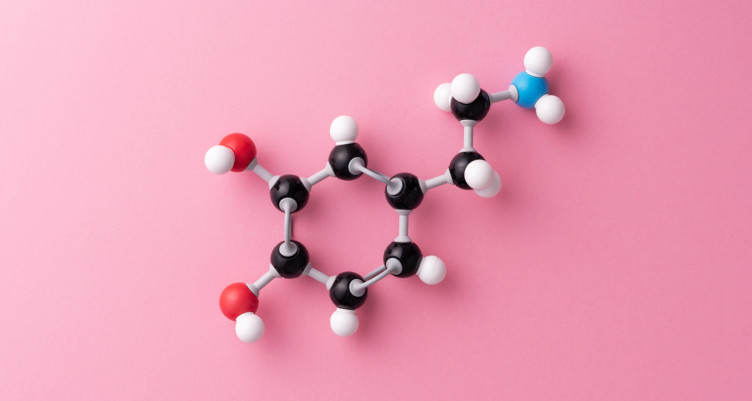- N-acetylcysteine, also known as NAC, is a dietary supplement related to immune support, detoxification, and more. It can also help increase glutathione levels in the body.
- Glutathione is a powerful antioxidant that can help reduce oxidative stress and free radical damage, which supports a healthy inflammatory response and slows down the effects of aging.
- Here’s everything you need to know about NAC benefits and supplements.
N-Acetylcysteine (NAC) is a dietary supplement that helps your body produce an important antioxidant called glutathione, which helps protect against free radical damage.[1] Read on to learn all about NAC benefits, how NAC supplements can help support glutathione, and how to best take NAC.
What is NAC?

NAC, also known as N-acetyl-L-cysteine, is a supplemented version of an essential amino acid called cysteine.[2] Amino acids are the building blocks of proteins. Cysteine is one of three amino acids (along with glycine and glutamine) that make up glutathione, an important antioxidant found in nearly every cell in the body.
In this way, NAC helps your body produce glutathione. Glutathione is known as the “master antioxidant” because it is found throughout the body and supports other antioxidants.[3] The problem is that glutathione declines with age. Factors such as poor nutrition, stress, and environmental pollutants can also reduce this.
Taking NAC supplements may help replenish glutathione levels.
Benefits of NAC

NAC is used as a medicine to treat conditions ranging from liver damage and asthma to acetaminophen overdose. It has been intensively studied by medical researchers and has a range of potential health benefits. NAC is generally considered a safe and well-tolerated supplement that is also relatively inexpensive.[4]
If you’re considering supplementing with NAC, be aware that it can help:
Anti-Aging
One of the benefits of NAC is that it corrects the glutathione deficiency that occurs naturally as humans age.[5] Glutathione can help boost your resistance to oxidative stress to slow aging at the cellular level.[6]
detoxification
NAC helps protect cells from toxicity caused by environmental pollutants, including pesticides[7]heavy metals such as lead[8] and gasoline and diesel fumes.[9] [10]
It’s also the standard treatment for acetaminophen overdose in hospitals and poisons that cause damage from extreme oxidative stress.
Fertility
Studies have found that NAC can improve egg quality and increase pregnancy rates in women with polycystic ovary syndrome (PCOS).[11]
NAC may even help reverse weight gain and prediabetes (two common symptoms of PCOS).[12] For men, NAC can improve sperm quality and in some cases even reverse infertility.[13] The researchers think this happens because NAC is so good at protecting cells from oxidative damage. Boosting antioxidant status may help keep sperm healthier.
inflammation
Clinical trials have found that NAC helps support a healthy inflammatory response in the body, helps relieve symptoms of respiratory conditions like chronic obstructive pulmonary disease (COPD), and improves insulin resistance.[14] [15]
Immune Function
NAC has been used as a mucolytic drug in some European countries, but new research on its effects is scarce.[16]
How and when to take NAC, morning or evening

Most studies have used doses of 1200-2400 mg, given 600 mg throughout the day.[17][18][19][20] If you’re wondering when to take NAC (morning or evening), know that it doesn’t really matter when you take it. However, oral N-acetylcysteine supplements are best absorbed if you take them on an empty stomach, at least one hour after eating.
Some oral N-acetylcysteine supplements have a strong odor and may be uncomfortable to take at bedtime. As with any dietary supplement, be sure to consult with your doctor or healthcare provider before beginning to take NAC.
Keep in mind that NAC may cause side effects in some people, especially when taken in high doses. Common side effects of high doses of NAC include diarrhea, nausea, vomiting, and constipation.
How long does it take for NAC to work?

One of the biggest questions you have before starting NAC supplementation is: How long does it take for NAC to work?
A 2015 double-blind, placebo-controlled study in middle-aged men found that after 4 weeks of taking NAC, signs of oxidative stress were reduced, including improvements in blood pressure and cardiovascular health.[21]
Want to learn more about how glutathione can help support your overall health and wellness? Read our comprehensive guide to glutathione.
Join the Bulletproof Revolution
Sign up to be the first to hear about sales, product launches, the latest Bulletproof news and more!
This article has been updated with new content.


